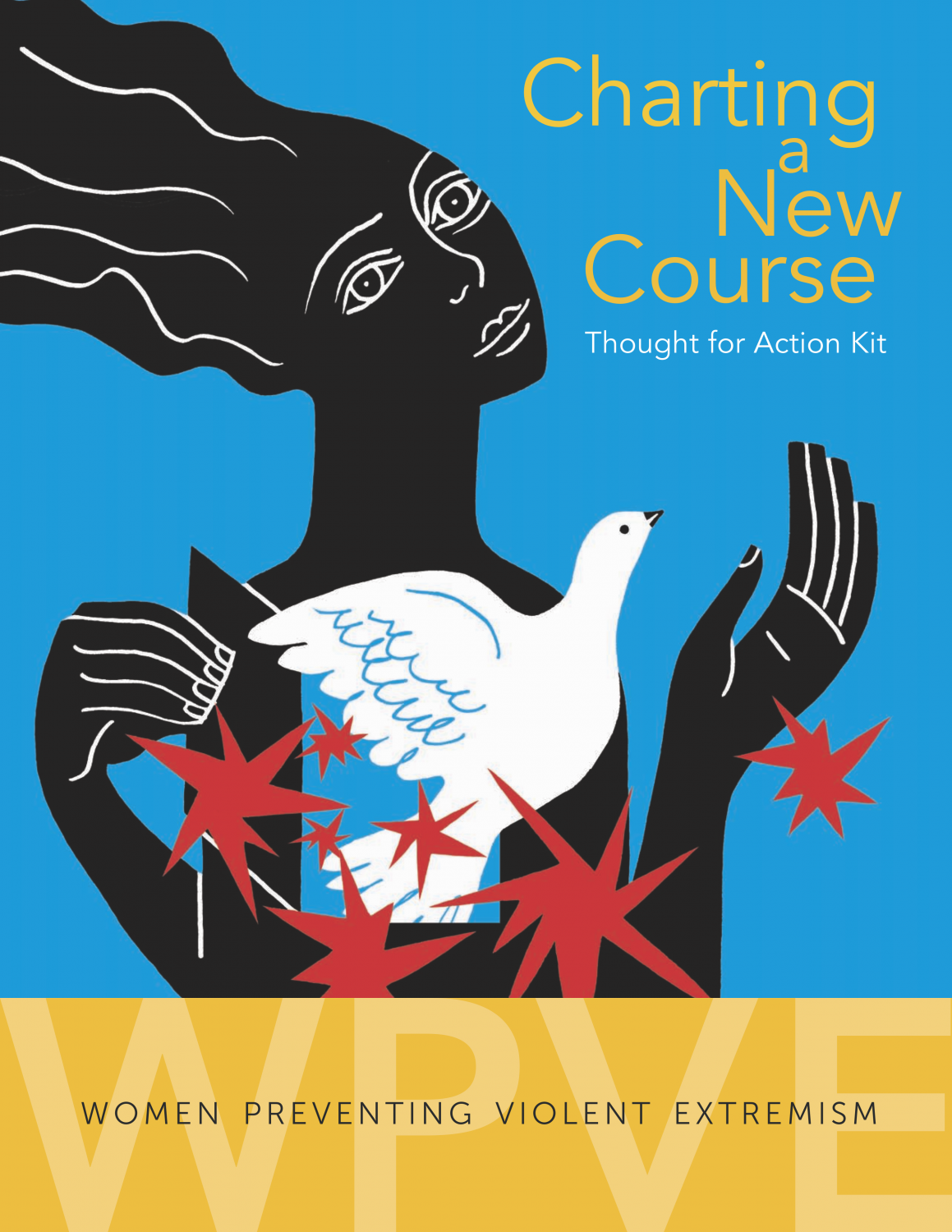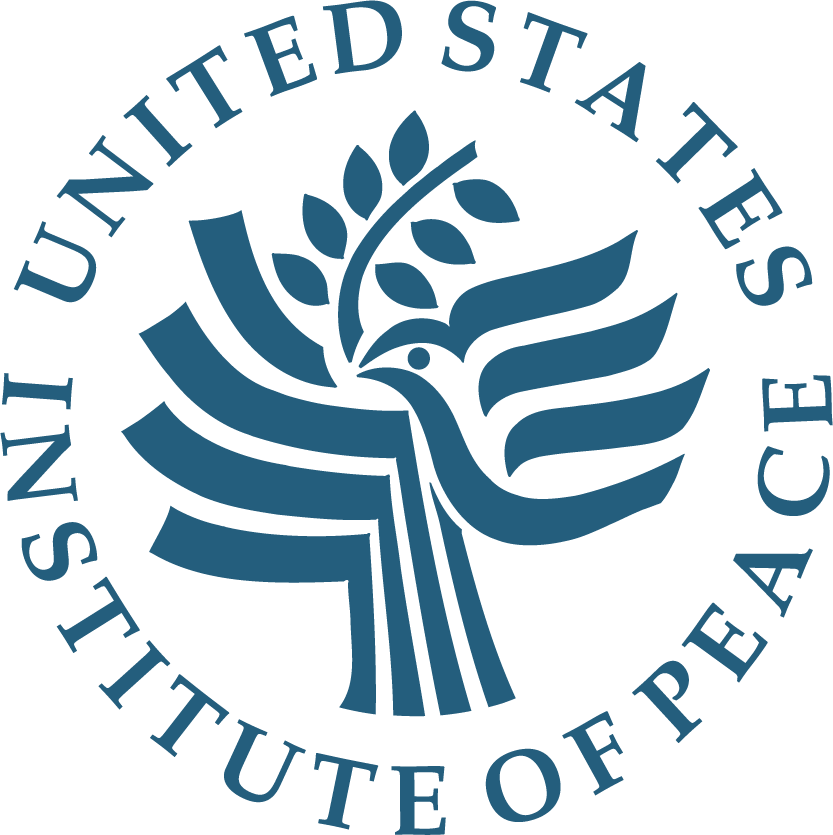Current security strategies predominantly home in on public spaces where radicalisation and recruitment take place. This article argues that our focus should shift to include the private sphere in order to empower women and mothers to play a critical role in the prevention and countering of violent extremism in their homes and at the earliest stages of the radicalisation process.
That peace starts at home is a well-known maxim. Yet trouble starts at home just the same: the majority of those radicalised live at home when they are recruited into Islamist militia and terrorist networks. While generally we focus on the public spaces where recruitment takes place–from local communities to cyberspace–we have neglected to think about how family life may impact the behaviour of our youth. In the course of trying to understand the process of radicalisation, Women without Borders (WwB) met with mothers of perpetrators or ‘aspiring jihadis’ from Indonesia to Tajikistan, from Pakistan to Palestine, and from England to Northern Ireland. Many of the mothers were in denial, and were defensive. But after interacting with them for some time, a group of mothers emerged who were ready to speak out so that others could learn from their experiences and avoid the traps that they had not. They shared their painful feelings of failure as they put together the pieces of their child’s descent into radicalisation. Their messages resonate in particular with families struggling to protect their children in similarly critical situations.





